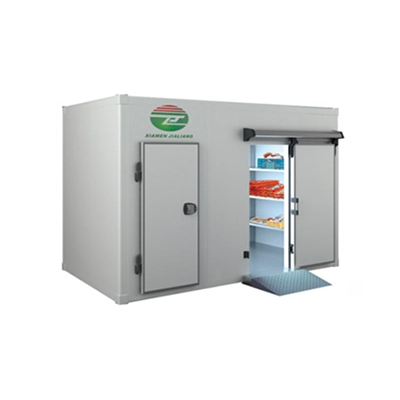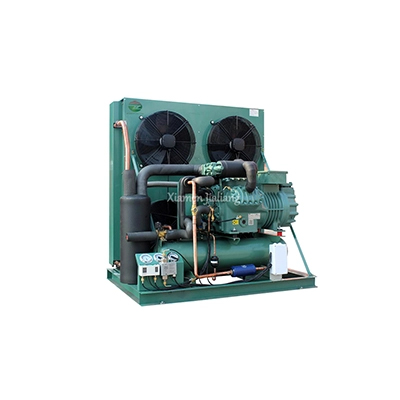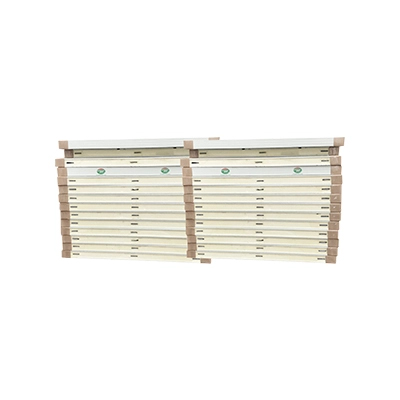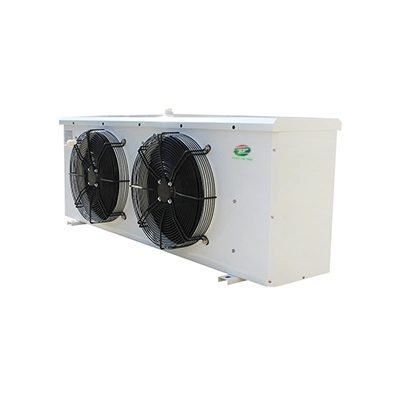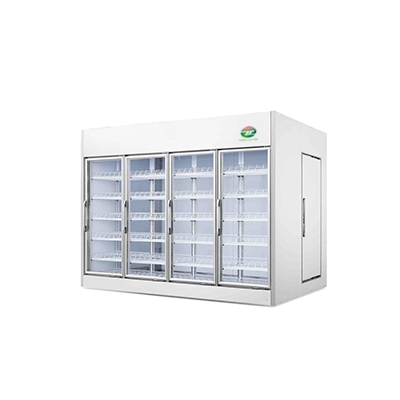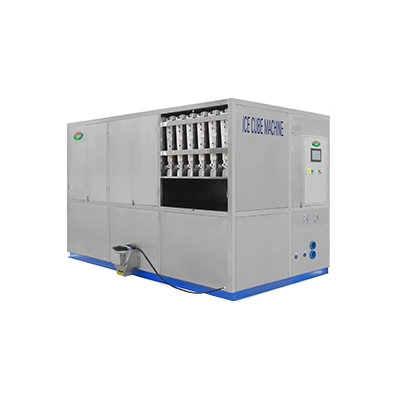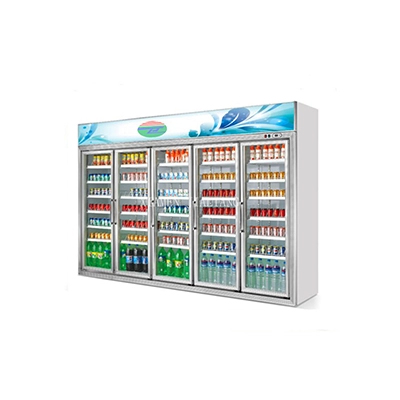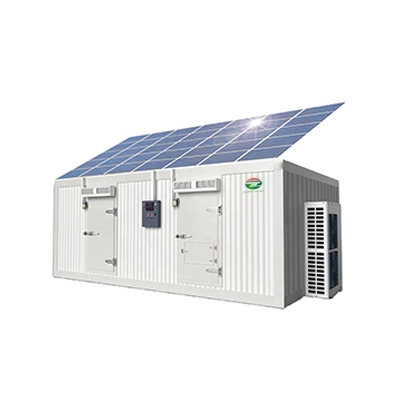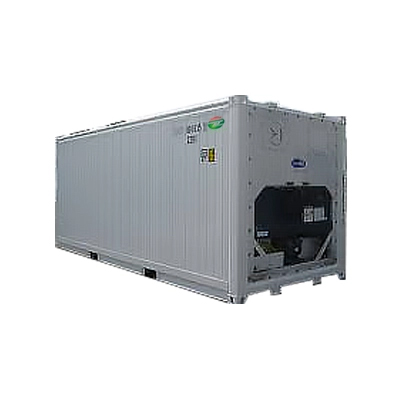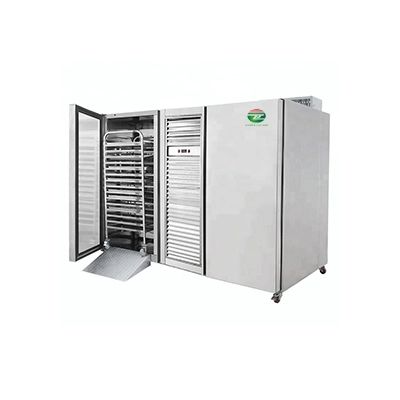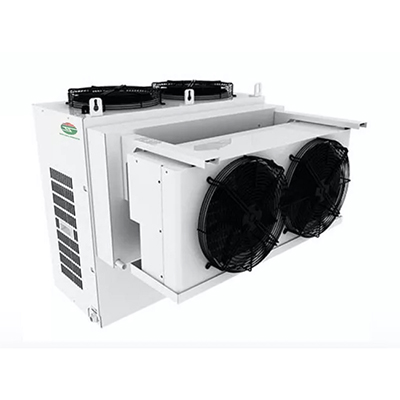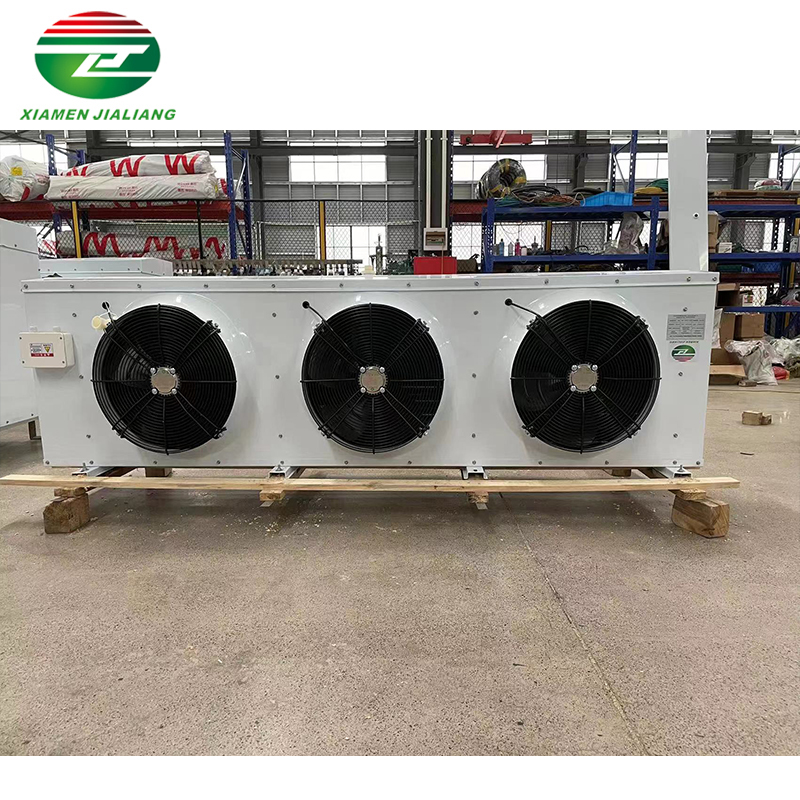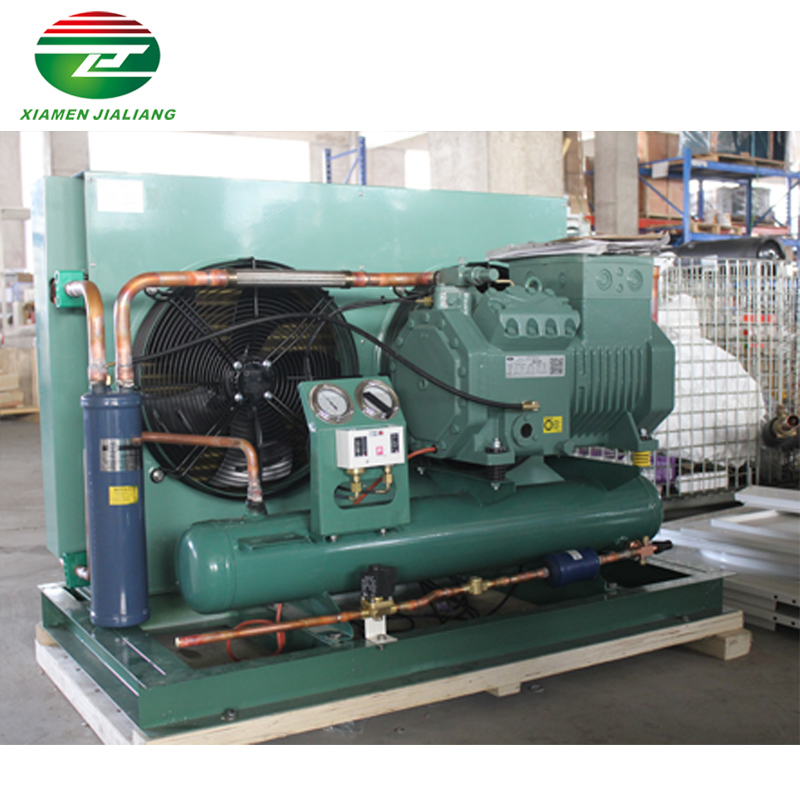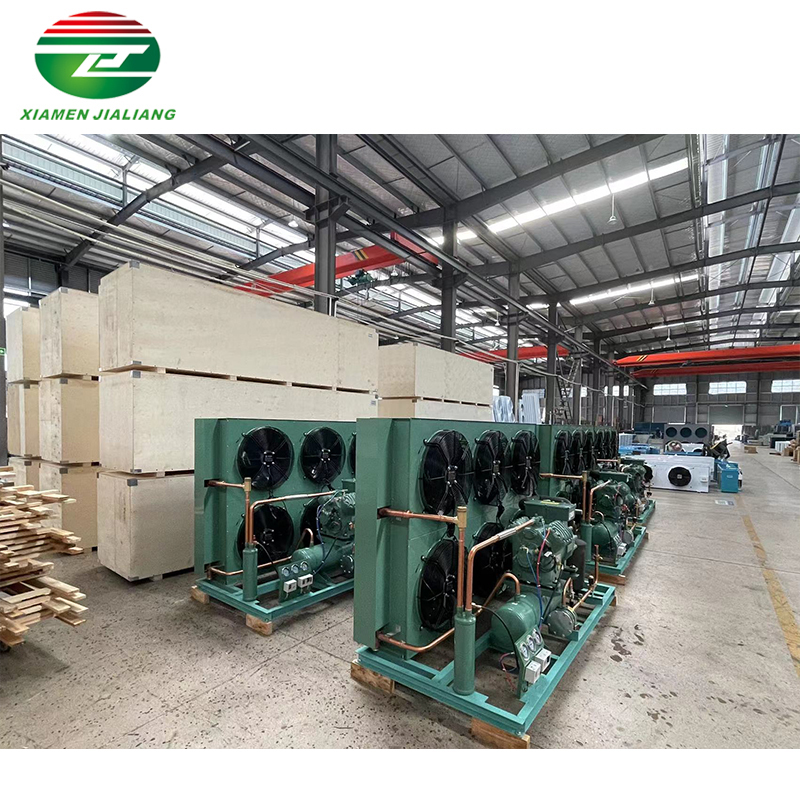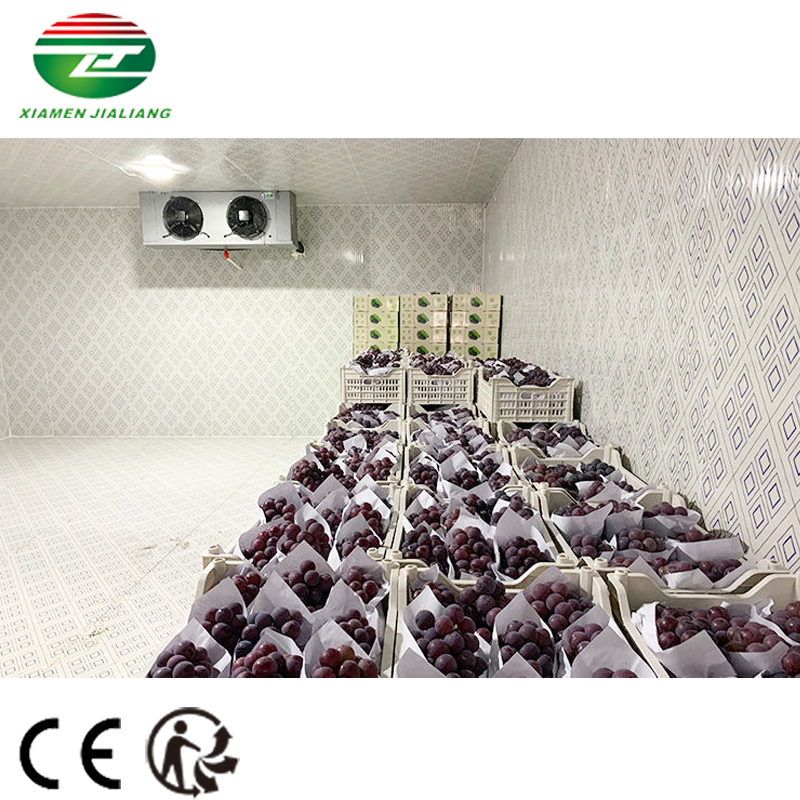Cold Rooms: More Than Just Refrigeration
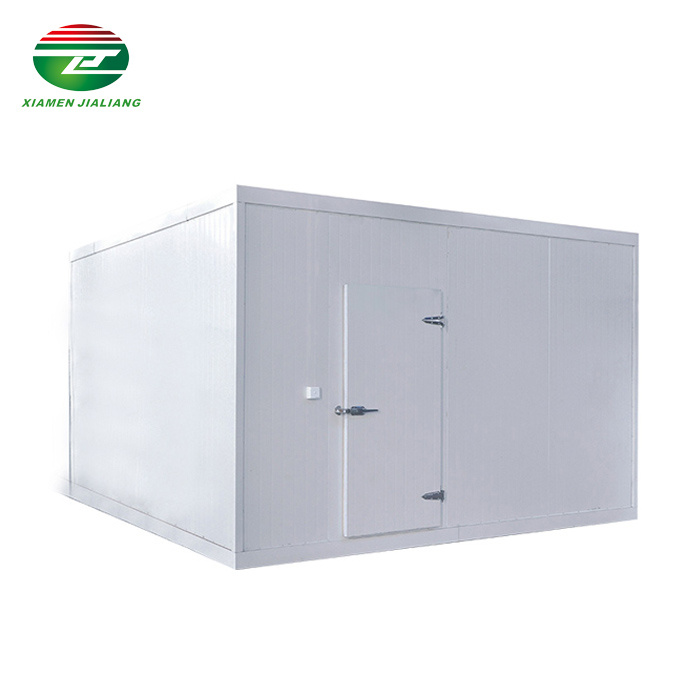
When it comes to refrigeration, cold rooms have become an essential part of various industries. But did you know that cold rooms are more than just a means to keep things cool? These innovative storage spaces offer a range of benefits that go beyond basic refrigeration. In this article, we will explore the various advantages of cold rooms and their wide range of applications.
One of the key benefits of cold rooms is their ability to provide ample storage space. Unlike traditional refrigerators or freezers, cold rooms offer a larger capacity, making them ideal for businesses and industries that need to store large quantities of perishable goods. Whether it's a restaurant, a grocery store, or a pharmaceutical company, cold rooms can accommodate a significant volume of products, ensuring that there is always enough stock on hand.
Furthermore, cold rooms offer precise temperature control, ensuring that the stored items are kept at the optimal temperature for their preservation. This is particularly important for industries such as food and pharmaceuticals, where maintaining the freshness and quality of the products is crucial. With advanced temperature monitoring systems, cold rooms allow businesses to have better control over their inventory and reduce the risk of spoilage or wastage.
Apart from their storage capabilities, cold rooms also find applications in various industries. From the food industry, where they are used to store fresh produce, meats, and dairy products, to the pharmaceutical industry, where they are essential for storing vaccines and medications, cold rooms play a vital role in preserving the integrity and safety of perishable items. Additionally, cold rooms are also utilized in research laboratories, floral shops, and even in the hospitality sector for chilling beverages and keeping ice supplies readily available.
In conclusion, cold rooms offer more than just refrigeration. With their ample storage space, precise temperature control, and wide range of applications, these innovative storage solutions have become indispensable for businesses across various industries. Whether it's ensuring the freshness of food products or preserving the effectiveness of medications, cold rooms have proven to be a reliable and efficient solution for all refrigeration needs.
Benefits of Cold Rooms
Cold rooms, also known as walk-in refrigerators, are essential in various industries that require proper storage and preservation of perishable goods. The benefits of cold rooms go beyond just keeping items cold. They play a crucial role in maintaining the quality, freshness, and safety of products.
One of the primary benefits of cold rooms is their ability to control temperature. These rooms are specifically designed to maintain a consistently low temperature, ensuring that perishable items such as fruits, vegetables, dairy products, and meat remain fresh for an extended period. By providing a controlled environment, cold rooms prevent the growth of bacteria and other harmful microorganisms, reducing the risk of food spoilage and contamination.
Another advantage of cold rooms is their ample storage capacity. These rooms are designed to accommodate large quantities of goods, allowing businesses to stock up on supplies and reduce the frequency of restocking. With adjustable shelving and efficient organization systems, cold rooms maximize storage space, enabling businesses to optimize their inventory management and reduce costs.
Cold rooms also offer energy efficiency, thanks to their insulation properties. High-quality insulation materials used in the construction of cold rooms prevent the exchange of heat with the external environment, reducing energy consumption. This not only contributes to cost savings but also minimizes the carbon footprint of businesses.
Furthermore, cold rooms ensure precise humidity control. Certain products, such as pharmaceuticals and sensitive electronics, require specific humidity levels for optimal storage. Cold rooms provide the ability to regulate humidity, protecting these items from moisture-related damage and maintaining their integrity.
In addition to their functional benefits, cold rooms also enhance workplace safety. With proper temperature control, the risk of accidents, such as slipping on icy surfaces or encountering frostbite, is significantly reduced. Cold rooms are equipped with safety features, including alarms and emergency exits, ensuring the well-being of employees working in these environments.
Applications of Cold Rooms
Cold rooms are versatile and indispensable in various industries, proving to be a vital component for businesses that rely on temperature-controlled environments. These specialized rooms find extensive applications in sectors such as food storage and distribution, pharmaceuticals, agriculture, and research.
One of the primary applications of cold rooms is in the food industry. From restaurants and hotels to supermarkets and food processing plants, cold rooms are instrumental in preserving the freshness and quality of perishable goods. These rooms provide the ideal temperature and humidity conditions to store fruits, vegetables, meat, dairy products, and other perishable items, extending their shelf life and ensuring they remain safe for consumption.
In addition to the food industry, cold rooms play a crucial role in the pharmaceutical sector. Many medications and vaccines require specific temperature conditions to maintain their potency and effectiveness. Cold rooms offer a controlled environment, safeguarding these sensitive products from temperature fluctuations that could compromise their quality. Pharmaceutical companies rely on cold rooms to store and distribute their products, ensuring they reach patients in optimal condition.
The agricultural industry also benefits significantly from cold rooms. Farmers and growers utilize cold rooms to store harvested crops, preventing spoilage and preserving their freshness. These rooms help extend the shelf life of fruits, vegetables, and flowers, enabling farmers to transport their produce to distant markets without compromising on quality. Cold rooms also aid in the storage of seeds, maintaining their viability for future planting seasons.
Research and scientific institutions heavily rely on cold rooms for their experiments and studies. These rooms provide a controlled environment for storing and testing various specimens, samples, and biological materials. Whether it's preserving DNA samples, culturing microorganisms, or conducting experiments on plant growth, cold rooms offer the necessary conditions for accurate and reliable scientific research.
Conclusion
Cold rooms are essential for a variety of industries as they offer numerous benefits. These rooms help preserve the freshness and quality of perishable goods, optimize inventory management, and reduce energy consumption. Cold rooms are particularly useful for restaurants, supermarkets, and pharmaceutical companies. They provide temperature-controlled environments that are crucial for maintaining food freshness, pharmaceutical efficacy, and extending the shelf life of agricultural produce. Cold rooms also facilitate scientific research and are considered invaluable investments for industries that prioritize quality, safety, and efficiency. Overall, investing in a cold room is a wise decision for long-term success in various industries.

